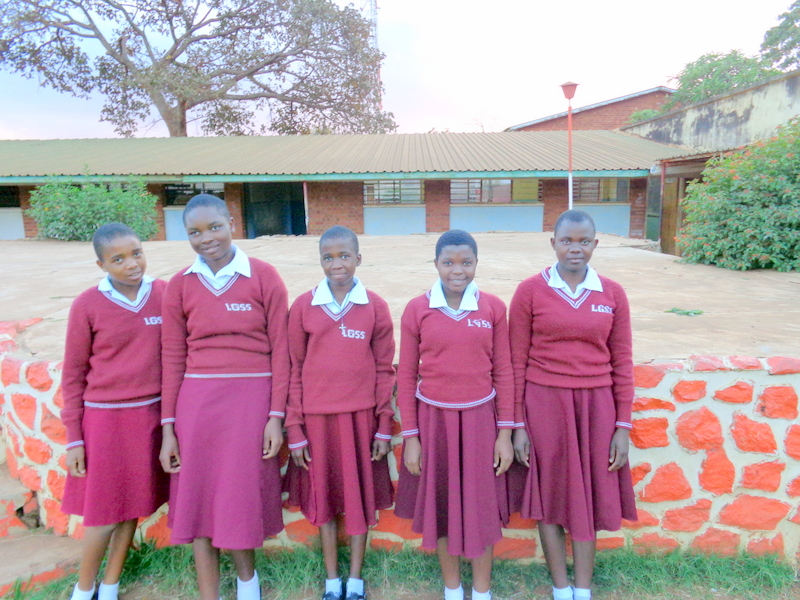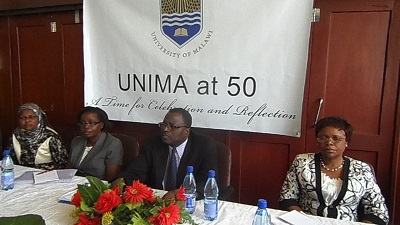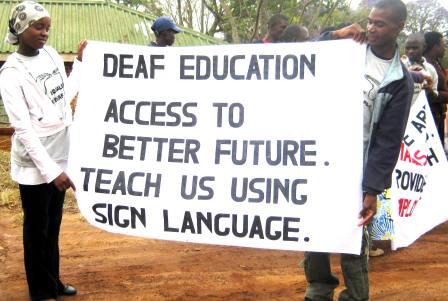In the early 1940’s Malawi, Japan, and Dubai had one thing in common. They were growing at almost the same. The difference in the turnaround of destinies lies in their choices. Today, however, while those countries have become wealthy and earned the status of “donors” to Malawi, Malawi has remained comfortable in its shameful status of a beggar.
While Malawi put education at the centre of priorities by word of mouth, those countries put it for real.
They made sure that, if they were to expend their monies and resources, they had to invest into dusting and shaping their human capital.
As Benjamin Franklin said, “An investment in knowledge pays the best interest.” While our friends have developed great thinkers we seem to be the breeding ground for hand clappers and praise singers. The plundering of resources by the previous leaders has left our president no choice but to put begging for donor aid from self-sustaining countries in terms of ideas and resources at the top of her agenda when she got into office.
Our friends have attained emancipation while some 48 years after independence we cannot do anything on our own including coming up with development ideas thus relying on institutions like the International Monetary Fund. No country can develop without investing in its human capital and that is why Nelson Mandela said “Education is the most powerful weapon we can use to change the world”.
With education, a country earns the empowerment in knowledge, skills and confidence in its complex which its needs to have efficacy in the global competition.
Malawi is a sad and shameful story. We have neglected the essentials and are only productive on issues that should ordinarily be on the periphery of priorities. The growth illiteracy rate and population have been in competition in proportions that can only be described as crazy and irresponsible. How can a population of 15 million people have most of its people know how to read and write? A small percentage, probably less than 5 percent are skilled and able to analyse things.
To put things in perspective, Malawi’s promise lies in the empowerment, in terms of skills and knowledge, of those that fall within the percentage of less than 5 percent. The overwhelming majority of the people are at the mercy of manipulation of thought and economics by the politicians who decide their fate thanks to their ignorance and illiteracy.
A survey that revealed that about 10% of Malawians even read the constitution at one point or another passes for no better confirmation of the crisis in which the country surprisingly sees itself actualising some tall development dreams of our leaders.
What started out as a simple question to a veteran teacher in respect of what the government has to do to reverse the damage caused by negligence to the education system, left me with more questions than answers.
If shortage of teachers, their motivation and lack of facilities continue to be allowed to hurtle into the abyss, just what reason can be the reason for anybody sensible to have hope?
Issues to be addressed
While speeches have been made and dreams have been outlined, there is the lack of commitment to invest in the people so that they can be agents of their own change, actualisation of their dreams and fulfilment of their own promises.
Our priorities as a country are just not right. How we have used, and continue to use, money in Malawi remains the devil that plays the midwife of our stagnation. The priorities of our spending and investment are just not as right as in correct.
How does paying an average teacher about MK40, 000 a month reflect commitment, when a Minister or MP gets about MK25, 000 in subsistence allowances, besides ware and tear plus fuel allowances, for attending a function or sitting in the National Assembly?
It’s no wonder they love attending functions where their presence is not even needed.
Unless our educators are happy, education won’t work. Who wants a job with no incentives? Once upon a time, teaching was attractive because teachers were treated with respect. Those days are a fainting part of history.
What Malawi’s first President, Ngwazi Dr. Hastings Kamuzu Banda worked hard to build, others came in and destroyed. Most of the teachers houses have been badly neglected and/or in need of renovations.
Most teachers, despite being working in horrendous environments already, have to find their own lodging/houses.
Their meagre salaries cover their rent, utility bills and feed their families and in some cases taking care of extended families. In a country hard hit by economic woes how is one supposed to survive on a mere MK40, 000?
When they leave their homes, they are welcomed by deteriorating infrastructures called classrooms where they are supposed to teach our future leaders.
How is one expected to teach in a room with no blackboard, where the ratio is 1 teacher to 300-500 pupils?
If a teacher in the USA can complain about teaching classrooms of about 200 students what more one in Africa where they mostly teach with no resources at all?
Unmotivated in this manner, how does one expect teachers to even spend quality time working on lesson plans and grade papers?
Are we seriously investing in our children’s future when paying of teachers, their already uncomfortable salaries, remains an afterthought from one administration to another? Just how complex is this problem that it can’t find its answer in all these governments that we have had in this country?
Unfortunately for us the self-help spirit widely promoted by Kamuzu is long-buried. It should come as no surprise then that communities do not think they also have to contribute towards ensuring that teachers teach and live in habitable conditions. How do the parents feel when they send a clean neatly dressed child to school and they come back dirty because they had to sit on the floor as the desks.
Provision of furniture in schools has now become the luxury which can ill be afforded. Sitting on the floor, while learning, has been normalised to the extent that it is happening even at University.
Where do the funds allocated for such amenities go, if such allocations are made at all? Should we just blame it all on corruption?
How about the communities, themselves rising to the occasion by identifying ways for generating income to take care of the gaps that exist in their community schools? There are so many fundraising ideas that the communities can start if they were serious about turning around the fortunes of their schools.
Private schools have mushroomed to try to bridge the gap. Unfortunately most of them are left at profit interests, undermining, thereby, the quality of education children receive.
An investment in teachers training colleges would be a big plus as we need well-trained teachers if our children are to get the quality education they need to develop the country.
If anything, one lesson we can draw from the current presidential race in USA is the emphasis Obama has put on education which of course includes the hiring new teachers who in turn help to grow the economy. It is only through education that any country can expect to refine its citizens enough to compete at the global level.
His opponent Romney on the other hand is of the mindset of African leaders who don’t want to invest in education.
Simple vocational schools would be a plus in the rebuilding of the nation and yet our leaders don’t see that at all.
We can spend all day talking about the issues above, but change will come if we decontaminate the pond where these problems breed.
Corruption is a cancer that has found a comfortable host in most African Union governments. I gave an example of the MPs’ and ministers allowances. If it were up to me, these would be cut out immediately, and a lid would have been put on any salary increases.
Unnecessary spending has to be discouraged and the money could then be used towards reinventing the education system and channelled to poverty alleviation activities.
Unfortunately apart from corruption, we have another big elephant in the room which could pose to be a bigger problem: that of unprincipled politicians who don’t operate on any set of beliefs. Everyone is more concerned with “kukokera kwakwo” [everyman for himself].
How can we entrust change in the hands of such people who keep jumping from one party to the other driven by bread and butter issues and not the welfare of the people?
What we need are politicians willing and ready to engage in politics aimed at transformation, doing what is right (not what is popular), and effecting sustainable change in people’s lives. Unfortunately the agenda of all our ruling parties is to win elections and thus trouble looms on the horizon.




